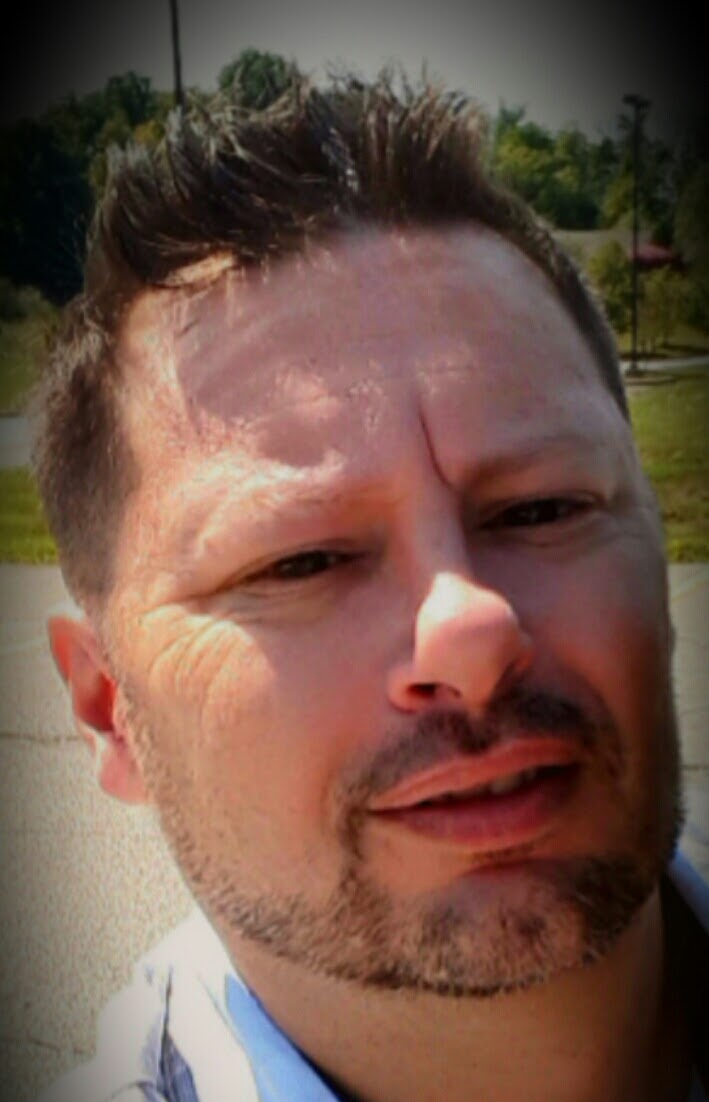

Brad Heyden shared their story and experiences with us recently and you can find our conversation below.
Brad, we’re thrilled to have you with us today. Before we jump into your intro and the heart of the interview, let’s start with a bit of an ice breaker: What do you think is misunderstood about your business?
One of the biggest misunderstandings about my business is that people think a recording studio is just about pressing record and getting a clean sound. But it’s much deeper than that. A great studio experience isn’t just technical—it’s emotional, creative, and strategic. My role goes beyond audio engineering. I’m a collaborator, a coach, and sometimes even a creative director.
What many DIY artists don’t realize is that having access to gear doesn’t mean you’re getting the most out of your music. My job is to bring out the best performance, help them shape their sound so it connects with the right audience, and help clients make intentional decisions that elevate their careers. That’s not something you get from software presets or a few YouTube tutorials. It’s a craft built on experience, trust, and a shared vision.
Can you briefly introduce yourself and share what makes you or your brand unique?
I’m Brad Heyden, of Defunk Studios and Heyden Recording. I’m a music producer, recording and mixing engineer, a creative partner for artists, podcasters, and companies who care deeply about the sound and emotion behind what they create.
With over a decade of experience in music production, live sound, and audio post-production, I’ve worked on everything from indie records to ESPN tracks, films, podcast series, and major artists. What makes my approach different is that I don’t just hit record, I help artists and clients bring out their voice, shape their story, and make intentional choices that resonate with their audience.
Heyden recording is based in Medina, Ohio, but I work with people virtually across the country. Whether I’m producing a song, polishing a podcast, or consulting on audio strategy, my goal is the same: to make sure your sound stands out for the right reasons. Right now, I’m focused on building deeper relationships with serious artists and creative companies who want to raise the bar in what they release.
Appreciate your sharing that. Let’s talk about your life, growing up and some of topics and learnings around that. What breaks the bonds between people—and what restores them?
What breaks bonds between people, more often than not, is a lack of understanding. Miscommunication, assumptions, ego, and unspoken expectations can slowly erode trust even when the intentions on both sides are good. When people stop listening and start protecting themselves instead of the relationship, that’s when distance creeps in.
What restores those bonds is vulnerability. When someone is willing to be honest, admit fault, or simply say “I see you,” that creates space for healing. Restoration comes from active listening, empathy, and showing up even when it’s uncomfortable. In my work, especially in the studio, I see this all the time artists trust me with something raw and personal. That kind of connection only grows when we’re both willing to be real with each other.
At the end of the day, bonds are built and rebuilt through presence and effort choosing the relationship over being right, and connection over control
What did suffering teach you that success never could?
Suffering taught me patience, perspective, and the ability to sit with discomfort without needing to fix it right away. Success feels good it validates your work and gives you momentum but, suffering strips away everything that isn’t essential. It forces you to slow down, to listen, and to face yourself honestly.
In my hardest seasons, I learned the value of showing up even when things weren’t going well. I found out who I was when no one was cheering me on when it was just me, the work, and the question of whether I still believed in it. That’s something success can’t teach, because success can hide the cracks. Suffering reveals them and gives you a choice: grow through it or let it break you.
For me, that growth made me more empathetic, more resilient, and more intentional in everything I do especially in how I treat clients, collaborators, and myself.
Sure, so let’s go deeper into your values and how you think. What are the biggest lies your industry tells itself?
One of the biggest lies in the music and audio industry is that “anyone can do it themselves” if they just have the right gear or software. It’s a comforting idea, but it’s misleading. The truth is that tools don’t replace taste, experience, or the ability to make the right creative decisions under pressure. There’s a reason seasoned producers, engineers, and mixers still get called on major projects it’s not because they have fancier plugins. It’s because they know what to do and why it matters.
Another lie is that speed and convenience are more valuable than quality and connection. We’ve fallen into this mindset of “fast turnaround” and “content quantity over craft,” and it’s watering down the art. Music and storytelling still need room to breathe, to evolve, and to be nurtured.
I push back against those narratives. I believe in intention, in collaboration, and in putting the art and the audience first not the algorithm. That’s what makes lasting work.
Okay, so let’s keep going with one more question that means a lot to us: Could you give everything your best, even if no one ever praised you for it?
Yes, and in many ways, I already have. The nature of what I do often means working behind the scenes. Most people will never know the hours, the revisions, the quiet sacrifices that go into a polished mix, a tight vocal, or a well-produced podcast. But I’ve learned that the reward isn’t just in the recognition it’s in knowing I upheld my own high standards.
Giving your best, even when no one’s watching, is a decision. It means valuing the work itself, respecting the people you’re creating for, and having pride in your craft. I believe that what you do in the dark shows up in the light eventually. And even if it didn’t, I’d still do it right. Because I didn’t get into this for applause. I got into it because I love what happens when sound moves people.
That, to me, is enough.
Contact Info:
- Website: https://www.heydenrecording.com
- Instagram: https://www.instagram.com/heyden_recording/
- Linkedin: https://www.linkedin.com/in/e-bradley-heyden-4627aa19
- Twitter: https://x.com/BradHeyden
- Facebook: https://www.facebook.com/ebradleyheyden/
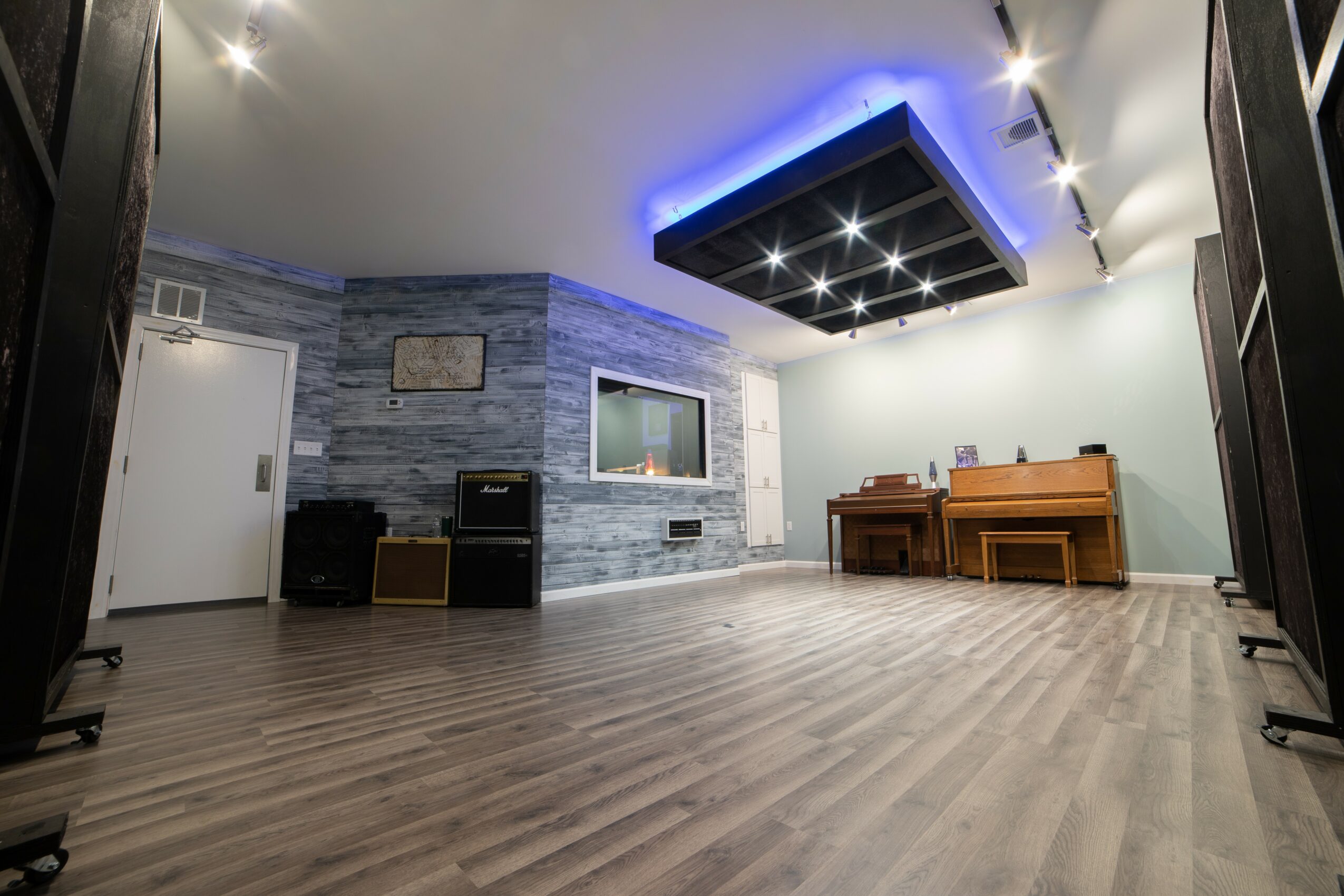
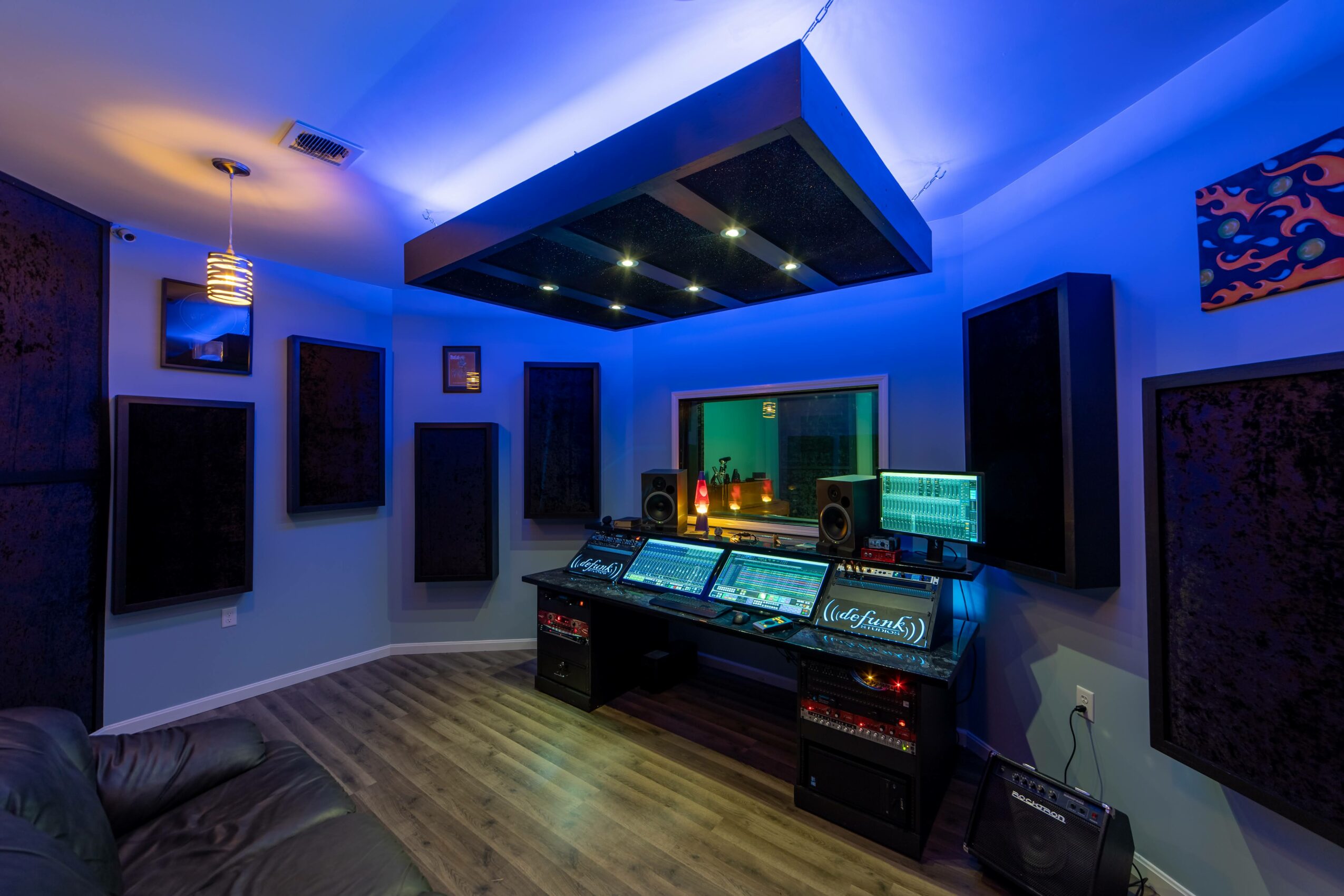
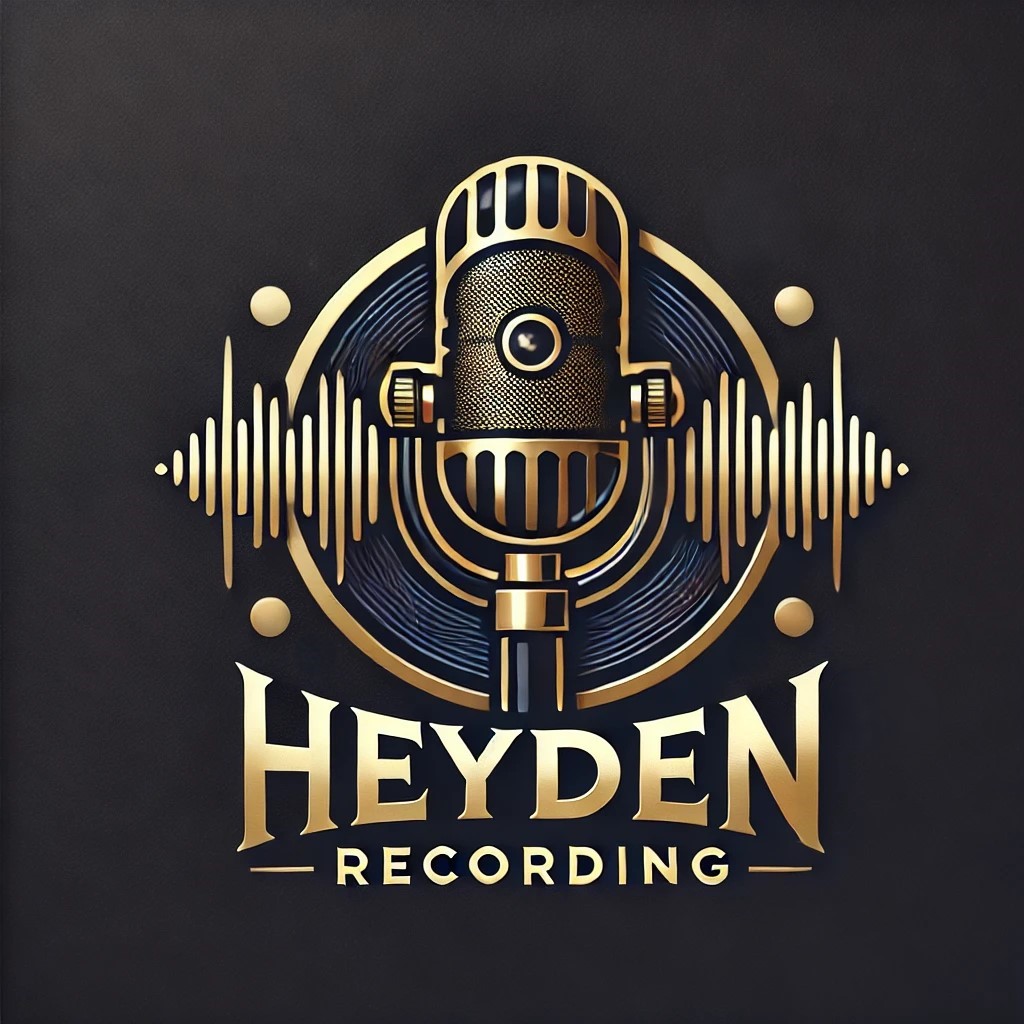
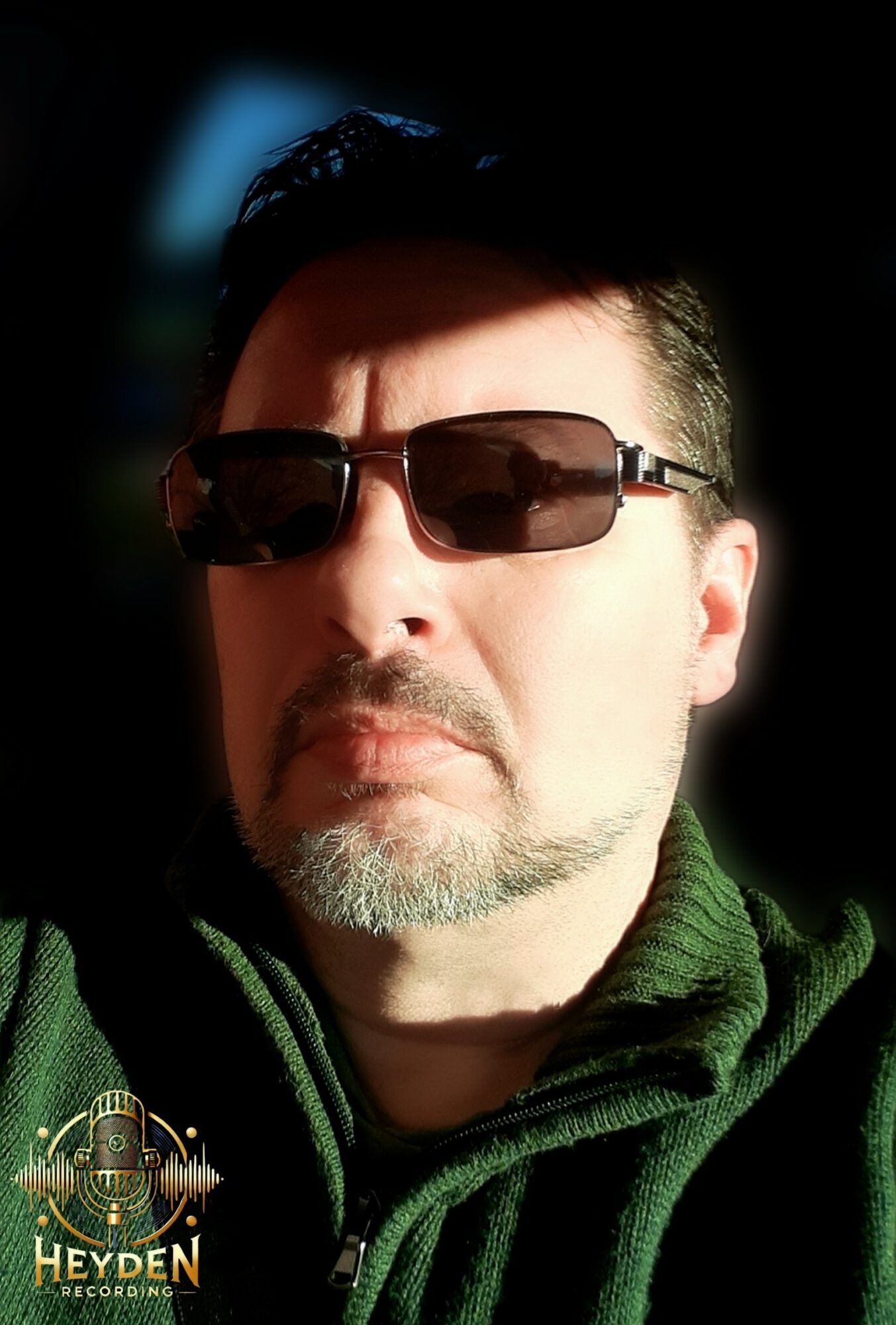
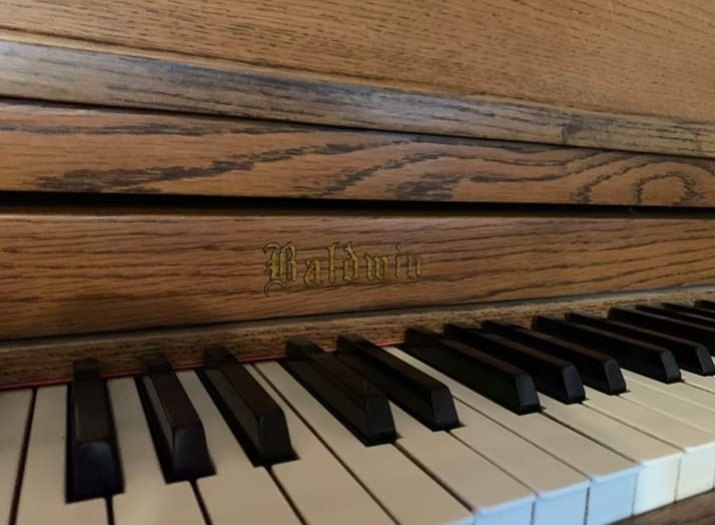
Image Credits
E. Bradley Heyden











